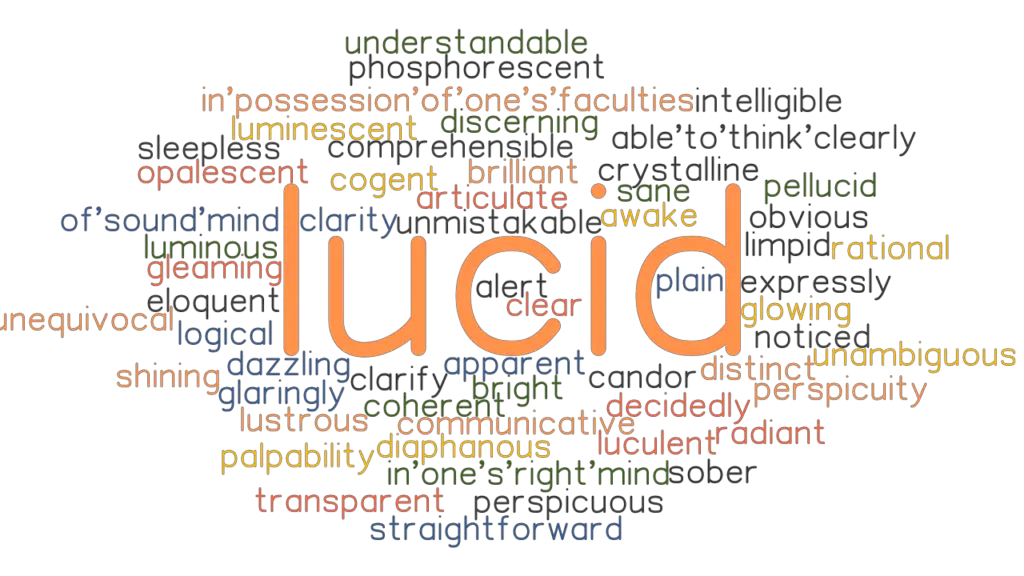

The 20th century saw studies and investigations into UFO reports conducted by governments (such as Project Blue Book in the United States and Project Condign in the United Kingdom), as well as by organisations and individuals. While unusual sightings have been reported in the sky throughout history, UFOs became culturally prominent after World War II, escalating during the Space Age.

Beliefs surrounding UFOs have inspired parts of new religions. Small but vocal groups of ufologists favour unconventional or pseudoscientific hypotheses, often claiming that UFOs are evidence of extraterrestrial intelligence. Scientists and skeptic organizations such as the Committee for Skeptical Inquiry have provided prosaic explanations for a large number of claimed UFOs being caused by natural phenomena, human technology, delusions, or hoaxes. Upon investigation, most UFOs are identified as known objects or atmospheric phenomena, while a small number remain unexplained.
#Luminous synonym code
Special thanks to the contributors of the open-source code that was used in this project: Elastic Search, WordNet, and note that Reverse Dictionary uses third party scripts (such as Google Analytics and advertisements) which use cookies.
#Luminous synonym free
The definitions are sourced from the famous and open-source WordNet database, so a huge thanks to the many contributors for creating such an awesome free resource. In case you didn't notice, you can click on words in the search results and you'll be presented with the definition of that word (if available). For those interested, I also developed Describing Words which helps you find adjectives and interesting descriptors for things (e.g. So this project, Reverse Dictionary, is meant to go hand-in-hand with Related Words to act as a word-finding and brainstorming toolset. That project is closer to a thesaurus in the sense that it returns synonyms for a word (or short phrase) query, but it also returns many broadly related words that aren't included in thesauri. I made this tool after working on Related Words which is a very similar tool, except it uses a bunch of algorithms and multiple databases to find similar words to a search query.

So in a sense, this tool is a "search engine for words", or a sentence to word converter. It acts a lot like a thesaurus except that it allows you to search with a definition, rather than a single word. The engine has indexed several million definitions so far, and at this stage it's starting to give consistently good results (though it may return weird results sometimes). For example, if you type something like "longing for a time in the past", then the engine will return "nostalgia". It simply looks through tonnes of dictionary definitions and grabs the ones that most closely match your search query. The way Reverse Dictionary works is pretty simple.


 0 kommentar(er)
0 kommentar(er)
